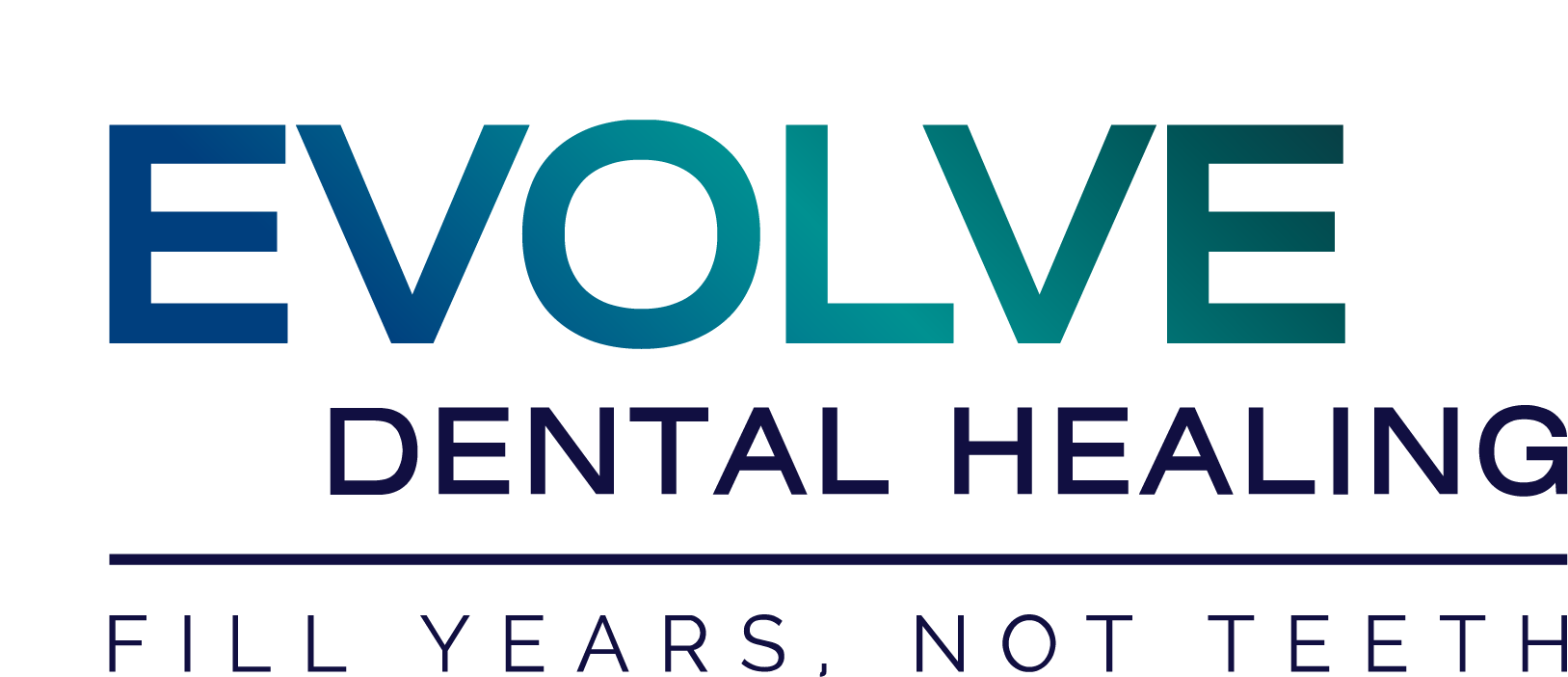Can Dental Hygiene Affect Fertility?

Oral Systemic Health And Fertility
Poor oral health has been being established as a very significant contributor to many systemic diseases. We have known that oral bacteria can seed the blood stream to infect diseased or artificial heart valves and also infect artificial joints.
However, there is now very strong evidence that associates oral infections and chronic inflammation of the mouth due to gum disease with many systemic conditions. We have causation level evidence linking poor oral health to:
- Cardiovascular disease
- Alzheimer’s Disease
- Atherosclerotic Vascular Disease
- Diabetes
- High blood pressure
- Dementia
- Autoimmune diseases
- Preterm labor, miscarriage, infertility
Can Dental Hygiene Affect Fertility?
The connection between dental health and fertility applies to both men and women. According to research, dental health impacts how long it takes a woman to conceive, and for men, gum disease and tooth decay have been linked to poor semen and sperm health.
During pregnancy, poor oral health is associated with an increased risk of gestational diabetes, preeclampsia, preterm labor, and having low birth weight baby.
Ensuring that couples trying to conceive and have a healthy pregnancy have healthy teeth and gums is important for fertility and the not-yet-conceived child.
Dr Rachel Hall of Evolve Dental Kenmore would like to take this opportunity to highlight how dental hygiene impacts fertility and a future pregnancy and what can be done to mitigate the negative affects.
Gum Disease A Silent Health Issue
Swollen, red, and tender gums are signs of periodontal (gum) disease, which is actually a chronic inflammatory infection of the gums, supporting tissues, and jawbone. Between 1 in 10 people experience severe periodontal disease and as this is a painless disease process many are unaware they have this serious condition.
Periodontal disease is associated with a number of health conditions, including heart disease, diabetes, respiratory diseases, and stroke. Women with polycystic ovarian syndrome (PCOS) and endometriosis and men with erectile dysfunction are more likely to be diagnosed with periodontal disease than the general population.
Dental Health and Male Fertility
Several studies have found that men with poor oral health—whether from excessive and untreated cavities or periodontal disease—are more likely to face male factor infertility, especially when compared to men with normal dental health.
Low sperm count, poor sperm motility, abnormal sperm morphology and evidence of bacterial infection in the semen are associated with various dental and oral health problems. While erectile dysfunction isn’t a common sign of male infertility (most men with infertility have few to none visible symptoms), those who do experience erectile dysfunction are more likely to have gum disease.
Elevated levels of bacteria in the mouth leads to increased levels of bacteria and inflammation in other areas of the body.
Bacteriospermia and poor oral health: studies have shown that poor oral health is associated with an increased risk of bacteriospermia. Research has found that treating cavities and oral infection has lead to a reduction or elimination of bacteriospermia.
Two Extra Months to Conceive in Women With Periodontal Disease
Studies show that women with periodontal disease took an average of 7.1 months to get pregnant. However, women without periodontal disease spent on average 5 months trying to get pregnant. Periodontal disease increased the time of conception by two months.
Periodontal disease causes the immune system to be overly reactive. Women with over-reactive immune systems have been found to be at an increased risk of infertility, miscarriage, and embryo implantation failure during IVF treatment.
Common causes of female infertility—specifically endometriosis and polycystic ovarian syndrome—are also associated with an increased risk of periodontal disease.
Improve Dental Health and Maybe Fertility
Whether infertility is a risk factor for periodontal disease or periodontal disease is a risk factor for infertility, it’s worth the time and energy to take care of our patients dental health, especially given the research showing that treatment of cavities and gum disease may improve male fertility and pregnancy outcomes.
This is why we recommend regular dental cleanings and dental care to address any dental issues prior to trying to conceive and especially is there is a history of difficulty conceiving or carrying a pregnancy.
We also recommend to schedule fertility treatments at least a few weeks after deep dental cleanings. Preliminary research has found that deep dental cleanings—specifically cleanings intended to treat periodontal disease—can cause a temporary increase in immunological activity. Researchers worry this may negatively impact fertility treatment success.
My dental team and I are highly qualified in diagnosing and treating periodontal disease as well as many other dental issues. If you suspect that you have some form of gum disease or any dental concerns such as old silver mercury containing fillings or poor bite, feel free to contact us to explore how we may co-manage and improve your health and wellbeing. 07 3720 1811 to book an appointment
-
Dr. Rachel Hall
Rachel is the founder and principal dentist at Evolve Dental Healing with over 30 years experience, practising holistically since 2001. Not your typical dentist, Rachel is a passionate opinion leader, challenging convention to empower people to make better dental and health choices, helping thousands to have healthy natural smiles. A respected writer and presenter on holistic dentistry, health and wellness it is Rachel’s mission to revolutionise the way people look at their dental health.
Talk to us for more details and information
CONTACT US
67 Kenmore Road
Kenmore Queensland 4069
Phone: 07 3720 1811
Fax: 07 3720 1899
Email: info@evolvedental.com.au
OPENING HOURS
Monday – Friday: 7:30am – 5:30pm
References and Citations Mercury & Amalgam Fillings




